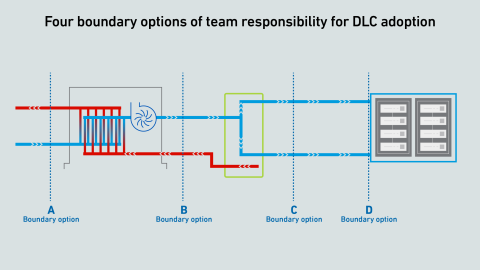As Malaysia's data center market booms, the government has initiated regulations and standards to manage and direct energy use, efficiency and sustainability - building on emerging global policy trends.
filters
Explore All Topics
Serverless container services enable rapid, per-second scalability, which is ideal for AI inference. However, inconsistent and opaque pricing metrics hinder comparisons. This pricing tool compares the cost of services across providers.
Serverless container services enable rapid scalability, which is ideal for AI inference. However, inconsistent and opaque pricing metrics hinder comparisons. This report uses machine learning to derive clear guidance by means of decision trees.
Current geopolitical tensions are eroding some European organizations' confidence in the security of hyperscalers; however, moving away from them entirely is not practically feasible.
Data center operators are increasingly aware that their operational technology systems are vulnerable to cyberattacks. Recent incident reports show a rise in ransomware attacks, which pose significant risks to data centers
Training large transformer models is different from all other workloads - data center operators need to reconsider their approach to both capacity planning and safety margins across their infrastructure.
Results from Uptime Institute's 2025 Cooling Systems Survey (n=1,033) focus on the usage of data center cooling systems across the industry, zeroing in on the continued adoption of direct liquid cooling.The attached data files below provide full…
Underground hot rocks are emerging as a source of firm, low-carbon power for data centers, with new techniques expanding viable locations. Compared with nuclear, geothermal may be better positioned to support planned data center growth.
The EU Commission has used a non-representative dataset to propose minimum performance standards (MPS) for PUE, WUE and REF, effective in 2030. The mandate risks the rebuilding of 30% to 40% of data center space in four years.
Uptime experts discuss and answer questions on grid demands and sustainability strategies while debating how to meet decarbonization goals.
Although the data center industry is mostly aware of the EU's Energy Efficiency Directive, Uptime Intelligence's research suggests widespread confusion on specific components of the directive - and its implementation status.
A report by Uptime's Sustainability and Energy Research Director Jay Dietrich merits close attention; it outlines a way to calculate data center IT work relative to energy consumption. The work is supported by Uptime Institute and The Green Grid.
Direct liquid cooling challenges the common "line of demarcation" for responsibilities between facilities and IT teams. Operators lack a consensus on a single replacement model-and this fragmentation may persist for several years.
The European Commission has proposed a data center rating scheme/label that is broadly scoped and highly detailed. The label needs to focus on a few key indicators including three meaningful IT infrastructure metrics.
Join Uptime experts as they discuss and answer questions on grid demands and sustainability strategies while debating how to meet decarbonization goals. This is a member and subscriber-only event.
 Jay Dietrich
Jay Dietrich
 Seb Shehadi
Seb Shehadi

 Dr. Owen Rogers
Dr. Owen Rogers

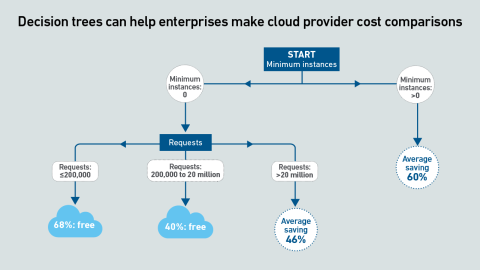
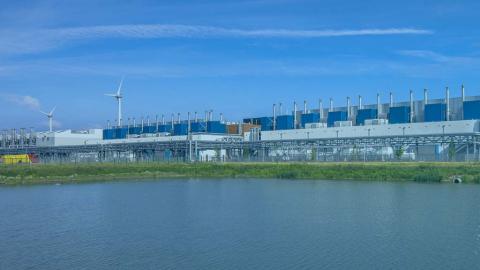
 John O'Brien
John O'Brien
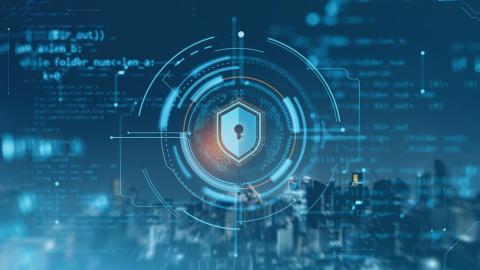
 Daniel Bizo
Daniel Bizo

 Paul Carton
Paul Carton
 Anthony Sbarra
Anthony Sbarra
 Laurie Williams
Laurie Williams
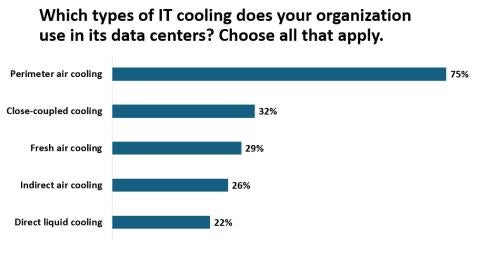
 Peter Judge
Peter Judge
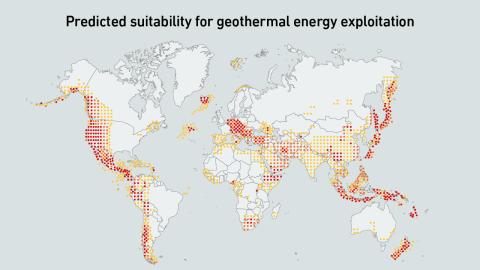

 Max Smolaks
Max Smolaks
 Jay Paidipati
Jay Paidipati

 Dr. Tomas Rahkonen
Dr. Tomas Rahkonen

 Andy Lawrence
Andy Lawrence
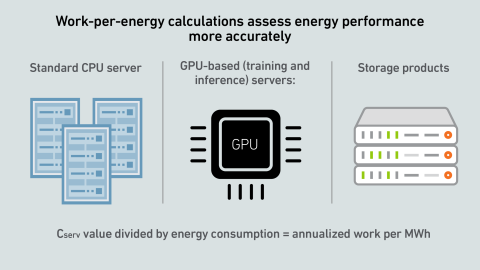
 Jacqueline Davis
Jacqueline Davis
